Nyothiri Aung
IP-UNet: Intensity Projection UNet Architecture for 3D Medical Volume Segmentation
Aug 24, 2023

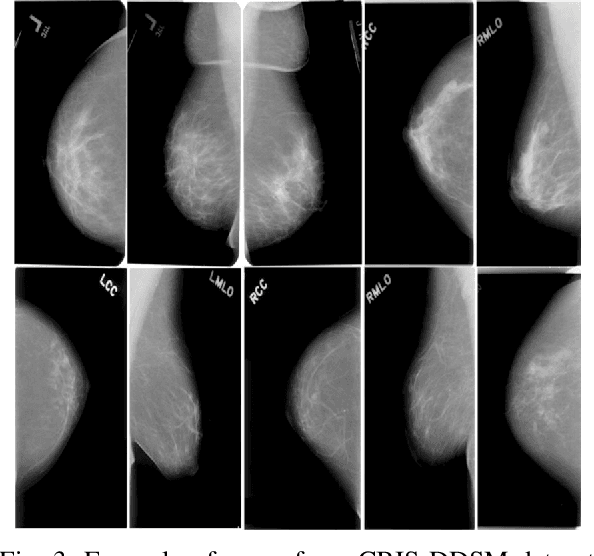
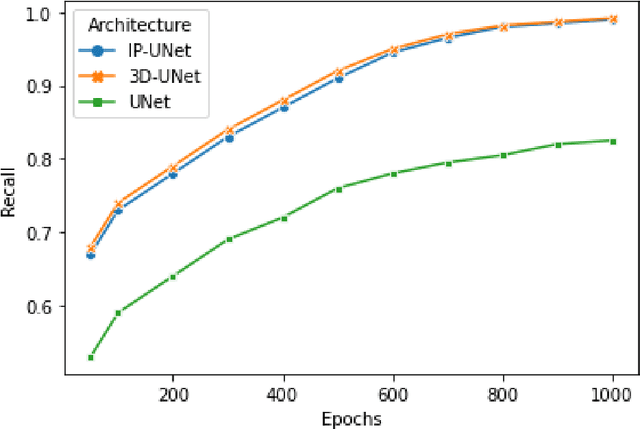
Abstract:CNNs have been widely applied for medical image analysis. However, limited memory capacity is one of the most common drawbacks of processing high-resolution 3D volumetric data. 3D volumes are usually cropped or downsized first before processing, which can result in a loss of resolution, increase class imbalance, and affect the performance of the segmentation algorithms. In this paper, we propose an end-to-end deep learning approach called IP-UNet. IP-UNet is a UNet-based model that performs multi-class segmentation on Intensity Projection (IP) of 3D volumetric data instead of the memory-consuming 3D volumes. IP-UNet uses limited memory capability for training without losing the original 3D image resolution. We compare the performance of three models in terms of segmentation accuracy and computational cost: 1) Slice-by-slice 2D segmentation of the CT scan images using a conventional 2D UNet model. 2) IP-UNet that operates on data obtained by merging the extracted Maximum Intensity Projection (MIP), Closest Vessel Projection (CVP), and Average Intensity Projection (AvgIP) representations of the source 3D volumes, then applying the UNet model on the output IP images. 3) 3D-UNet model directly reads the 3D volumes constructed from a series of CT scan images and outputs the 3D volume of the predicted segmentation. We test the performance of these methods on 3D volumetric images for automatic breast calcification detection. Experimental results show that IP-Unet can achieve similar segmentation accuracy with 3D-Unet but with much better performance. It reduces the training time by 70\% and memory consumption by 92\%.
Big-Five, MPTI, Eysenck or HEXACO: The Ideal Personality Model for Personality-aware Recommendation Systems
Jun 06, 2021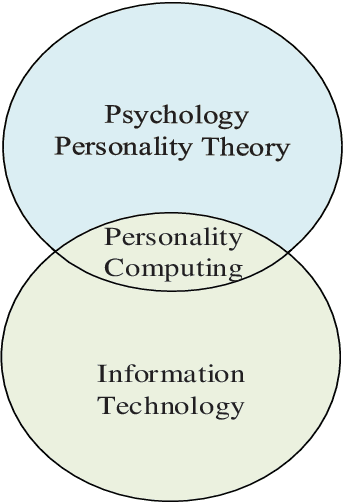
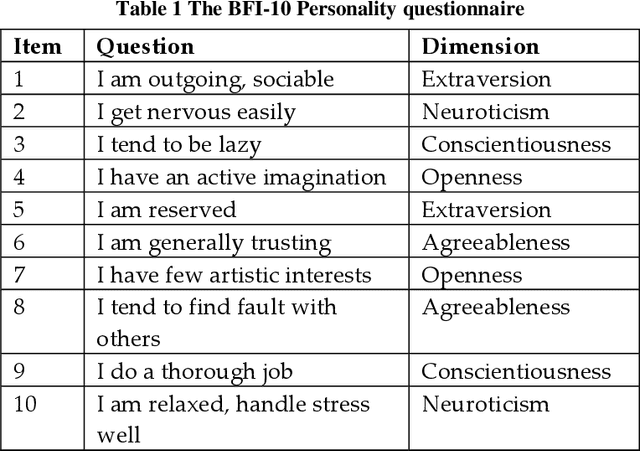
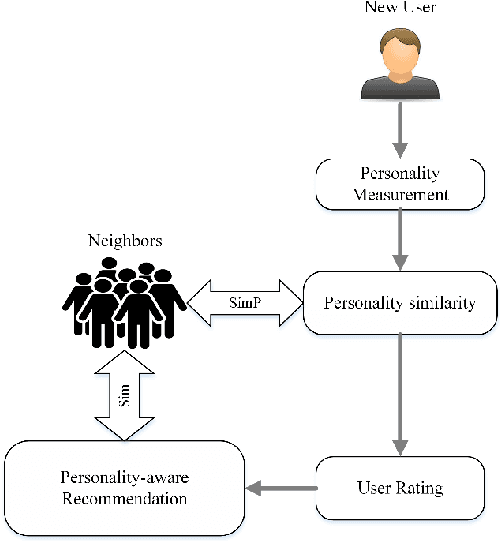
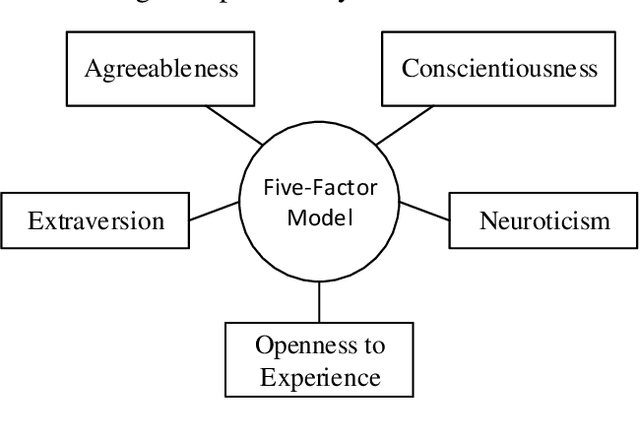
Abstract:Personality-aware recommendation systems have been proven to achieve high accuracy compared to conventional recommendation systems. In addition to that, personality-aware recommendation systems could help alleviate cold start and data sparsity problems. Most of the existing works use Big-Five personality model to represent the user's personality, this is due to the popularity of Big-Five model in the literature of psychology. However, from personality computing perspective, the choice of the most suitable personality model that satisfy the requirements of the recommendation application and the recommended content type still needs further investigation. In this paper, we study and compare four personality-aware recommendation systems based on different personality models, namely Big-Five, Eysenck and HEXACO from the personality traits theory, and Myers-Briggs Type Indicator (MPTI) from the personality types theory. Following that, we propose a hybrid personality model for recommendation that takes advantage of the personality traits models, as well as the personality types models. Through extensive experiments on recommendation dataset, we prove the efficiency of the proposed model, especially in cold start settings.
A Survey on Personality-Aware Recommendation Systems
Jan 28, 2021



Abstract:With the emergence of personality computing as a new research field related to artificial intelligence and personality psychology, we have witnessed an unprecedented proliferation of personality-aware recommendation systems. Unlike conventional recommendation systems, these new systems solve traditional problems such as the cold start and data sparsity problems. This survey aims to study and systematically classify personality-aware recommendation systems. To the best of our knowledge, this survey is the first that focuses on personality-aware recommendation systems. We explore the different design choices of personality-aware recommendation systems, by comparing their personality modeling methods, as well as their recommendation techniques. Furthermore, we present the commonly used datasets and point out some of the challenges of personality-aware recommendation systems.
 Add to Chrome
Add to Chrome Add to Firefox
Add to Firefox Add to Edge
Add to Edge